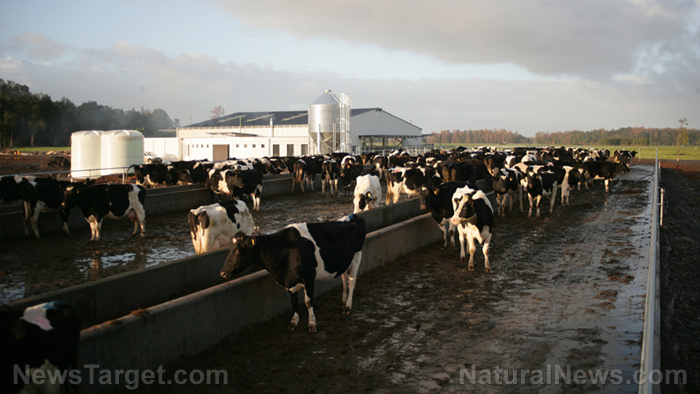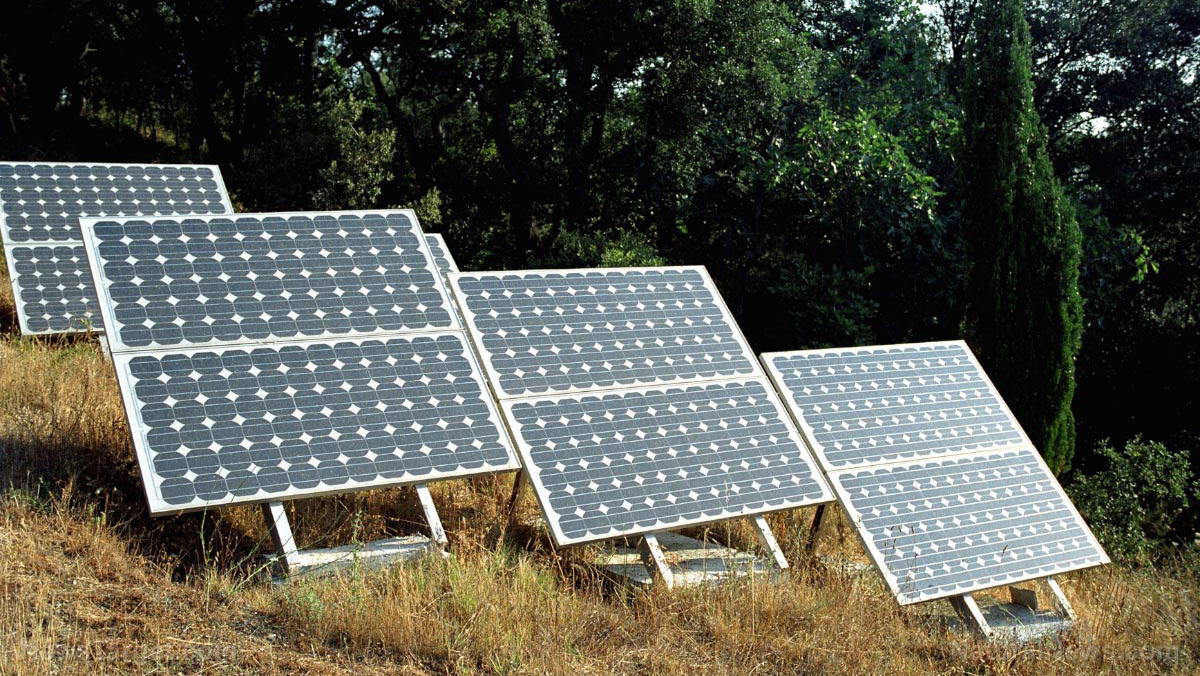Scientists have figured out how to produce a fuel that is cheap AND clean
09/28/2017 / By Russel Davis

Researchers at the Cardiff University in the U.K. recently discovered a cheaper and cleaner way of producing methanol from methane using oxygen from the air.
Methanol was traditionally manufactured by converting methane into hydrogen and carbon monoxide at high temperatures, and then undergoing a second highly pressurized process to reassemble the chemicals in a different order.
However, the research team found that methanol can be produced by using gold nanoparticles to start a chemical reaction between methane, oxygen, and hydrogen peroxide. The chemical process can be accomplished at one stage and at temperatures no higher than 50 degrees Celsius (122 degrees Fahrenheit), the experts noted.
“The current two-stage ‘steam reforming’ process is very energy intensive, as it requires a lot of fuel to achieve high temperatures, but for over a century no-one has been able to come up with a better system. Both methods essentially break a hydrogen bond in a methane molecule and introduce another oxygen atom, but in our process the gold palladium nanoparticles act as a catalyst to bring about this reaction in a single stage,” Professor Stuart Taylor explained.
According to Prof. Taylor, the end product can be used as an alternative to gas. He also noted that the new approach in methanol production may be used in chemical and plastic manufacturing.
Professor Graham Hutchings, Director of Cardiff Catalysis Institute, said that the latest breakthrough may have major implications in the development of cleaner and more environmentally-conscious industrial processes worldwide.
“The quest to find a more efficient way of producing methanol is a hundred years old. Our process uses oxygen – effectively a ‘free’ product in the air around us – and combines it with hydrogen peroxide at mild temperatures which require less energy. We have already shown that gold nanoparticles supported by titanium oxide could convert methane to methanol, but we simplified the chemistry further and took away the titanium oxide powder. The results have been outstanding. Commercialisation will take time, but our science has major implications for the preservation of natural gas reserves as fossil fuel stocks dwindle across the world,” Prof. Hutchings said in a university release.
Potential implications in air pollution
The new technique’s potential in creating cleaner industrial processes may greatly benefit the environment.
A World Health Organization (WHO) report showed that ambient air pollution has grown worse in urban areas worldwide. According to the report, more than 80 percent of people residing in urban areas that monitor air pollution are exposed to air quality levels that far exceed the WHO limits.
The report also revealed that 98 percent of cities in low- and middle-income countries with a total population of more than 100,000 do not meet WHO air quality guidelines. The same dilemma was seen in 56 percent of cities in high-income countries.
In addition, the international organization stressed that its air pollution database has nearly doubled in the past two years, which now covers 3,000 cities in 103 countries. WHO noted that exposure to air pollution may raise the odds of stroke, heart disease, lung cancer, and chronic and acute respiratory diseases including asthma.
Sources include:
Tagged Under: alternative fuel, chemical process, discovery, environment, environmentally friendly, fuel, Methane, Methanol



















